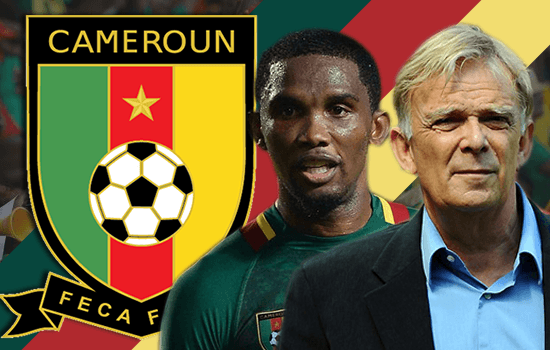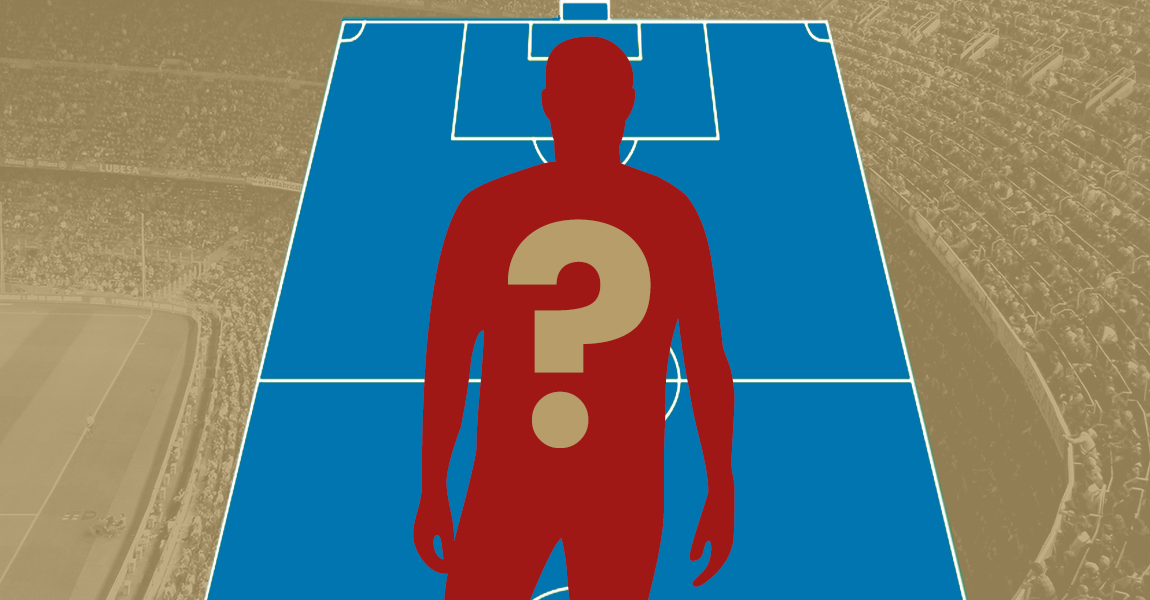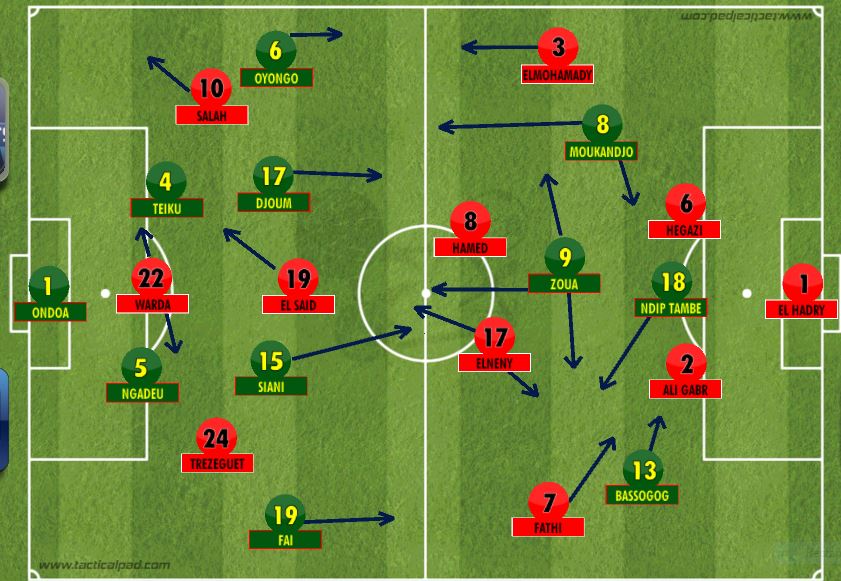As part of our World Cup coverage, we have interviewed journalists, correspondents, experts & writers representing each of the 32 countries to give you, the readers, a better understanding of the 32 nations participating in the 2014 FIFA World Cup. Here are the list of interviewees.

For this interview, focusing on Cameroon, we spoke to Gary Al-Smith. Head of CitiFM, Editor at SuperSport, Creator of African football podcast, FC Africa, and writer for various publications including CNN, ESPN, the NY Times etc. Follow him on Twitter @garyalsmith
Samuel Eto’o has had his problems with the national team in the past. He is however, the all-time leading scorer and the most experienced at the top level. Does the manager have to make a bold decision in favour of maintaining team harmony? Or should Eto’o be the first name on the team sheet purely because of his ability on the pitch?
History has shown that both decisions can be brilliantly right or unfathomably wrong. It’s all in the details. There’ve been reports recently of a mini-strike within the player ranks having to do with bonuses – a Cameroonian problem as old as Eto’o himself.
It must be said that dropping Eto’o because of the problems he gives the team will not make sense, because so far, Eto’o has only fought for good things. Yes, his methods are a bit extreme at times, but why drop your biggest player when he’s agitating for better playing conditions for his voiceless mates? The coach must simply take him and try to control a difficult situation.
Cameroon have struggled to do well at World Cups, besides in 1990, despite being one of the traditionally stronger African nations. Currently they aren’t where they once were even in the continent. Can we expect Cameroon to get past the group stage, something they’ve struggled to do in the last 4 editions they’ve participated in?
The factors of Cameroon’s inability to progress can be attributed to the strength of their opponents as much as their own internal problems.
But this time, Mexico, Croatia and Brazil is a scaleable group, if the Lions play as a united front. The 28 man team named by Volker Finke is very good, well-balanced and very hungry. I’m a big fan of Finke’s Mr. Underdog reputation and I believe the Lions will place second.
Brazilian weather is said to be on the warmer side, something which could favour the African teams. Is this something that will have a telling influence for the actual football and positively impact teams like Cameroon?
The short answer is no, the long answer is that the issue of weather has, sadly, been overblown. Science has proven that with the right amount of acclimatization, even a team from the Sahara Desert can win an ice-hockey contest in Siberia. It’s the same with the coming World Cup, every team going to Brazil knows what the conditions are and has, at least, a two week window to get their bodies in tune. People forget that the World Cup, at the end of all the talk, is just a maximum seven games. Good planning can ensure that any natural advantage African teams get from similar weather can be nullified.
Although Volker Finke has nearly four decades of managerial experience, he’s mainly dealt in the lower echelons of German football. This is his first international job; to take a national side into the World Cup is a whole different playing field, what impact could that have on the side?
There is a Cameroonian proverb that says: “the same ancestors who protect you in killing the snake will help you ensnare the tiger.” Volke Finke has built a solid profile in turning hopelessly average teams into destroyers of expensively assembled oppositions. The World Cup is a different playing field, yes, but the World Cup is – when all is said and done – like a game of chess. The styles of Finke’s Group A opponents are teams that intensive scouting and analysis can break down in hours. To qualify from that quarter means to have players disciplined enough to exploit opposition weakness.
Does Cameroon have that? Yes, they do. Does Finke have the knowledge to work the magic as he did in the Bundesliga and elsewhere? Yes, his backroom staff are known for their efficiency and attention to detail. Perhaps, Cameroon will for the first time in a long time be very reliant on their coach’s instruction, and not individual player brilliance.

Alex Song and Eyong Enoh will be two key players in Cameroon’s midfield. Both have either struggled to get into the first team at their respective clubs and/or ravaged by injuries. How much of an impact could that have in the core of the side’s midfield?
Alex Song said recently that his lack of games is but a deception of his form, for he trains and plays reserve team football regularly. Thus, contrary to popular opinion, he’s in decent form. Finke has hinted at a special rejuvenating regime for some of his players who need one-on-one sessions due to their low key seasons. Eyong and Song fall in this category. Eyong’s injury situation is more serious, as he has to be handled delicately to prevent a relapse. But in the event that he cannot play, Cameroon do have Stephane Mbia.
We at Outside of the Boot track the progress of youngsters under our Talent Radar feature. Vincent Aboubakar is destined to feature regularly at the tournament. What role will he play? Should he be ahead of Eto’o for the lone striker’s role after the successful domestic season he has had in France?
Reports from Cameroon say that Eto’o is very happy with sharing duties with Aboubakar and even willing to allow the Ligue 1 gem to be the main man upfront. As we’ve seen with Chelsea, Eto’o is slowly evolving from the supremely strong, lone fox on top of the attack to a more utility supporting role either behind or on the flanks of a 4-3-3. Finke has shown he trusts Aboubakar’s obvious athleticism while never neglecting Eto’o’s enduring spirit. Both players will best be played in a fluid attacking setup.
Read all our World Cup Interviews here, and all other WC2014 related content here.























































